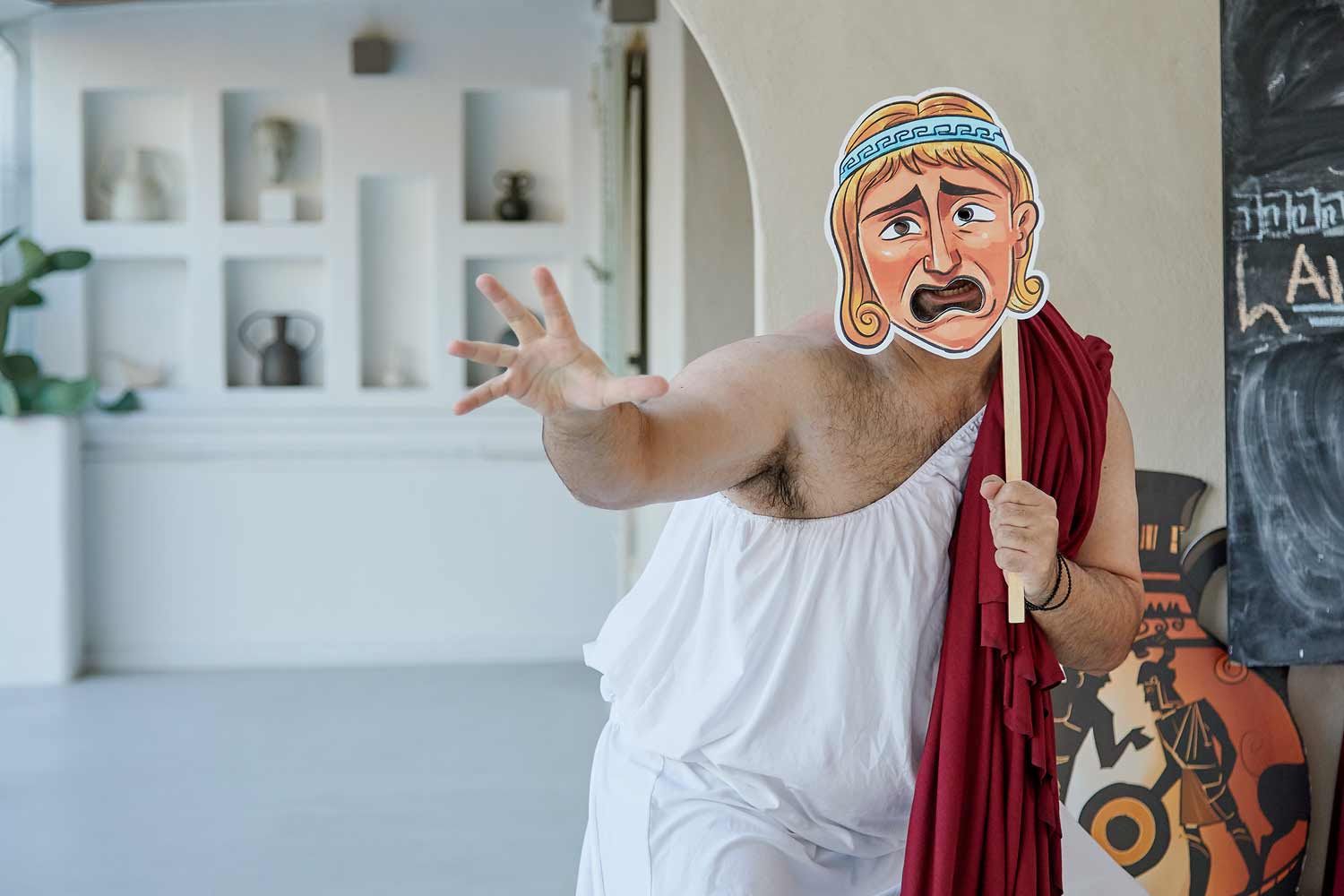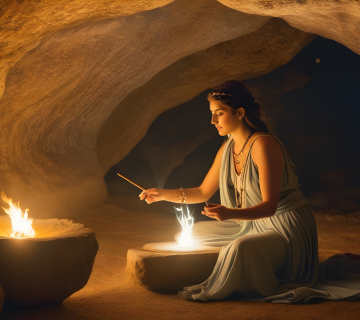Magic Practices in ancient Greece
For the Greeks magic was a wide-ranging topic which involved spells and evil prayers, curse tablets, enhancing drugs and deadly poisons (pharmaka), amulets and powerful love potions (philtra). The modern separation of magic, superstition, religion, science, and astrology was not so clear in the ancient world. This mysterious, all-encompassing art of magic was practised by both male and female specialised magicians who people sought out to help them with their daily lives and to overcome what they saw as obstacles to their happiness.
Magic in Greek Mythology
Magic appears in the mythology of ancient Greece and was associated with such figures as Hermes, Hecate (goddess of the moon and witchcraft), Orpheus, and Circe, the sorceress daughter of Helios who was expert in magical herbs and potions and who helped Odysseus summon the ghosts from Hades. Myths abound in tales of magic potions and curses. Just one example is Hercules, who died a horrible death after his wife Deianeira had taken the magic blood of the centaur Nessos and liberally spread it on the hero’s cloak. On wearing it, Hercules was burned terribly and would later die of his wounds. Magic is also practised by many literary characters, perhaps most famously by Medea in Euripides’ tragedy play of the same name.
Everyday life in Ancient Greece, is presented in an interactive way at the Athens Living Museum, one of the best things to do in Athens.


